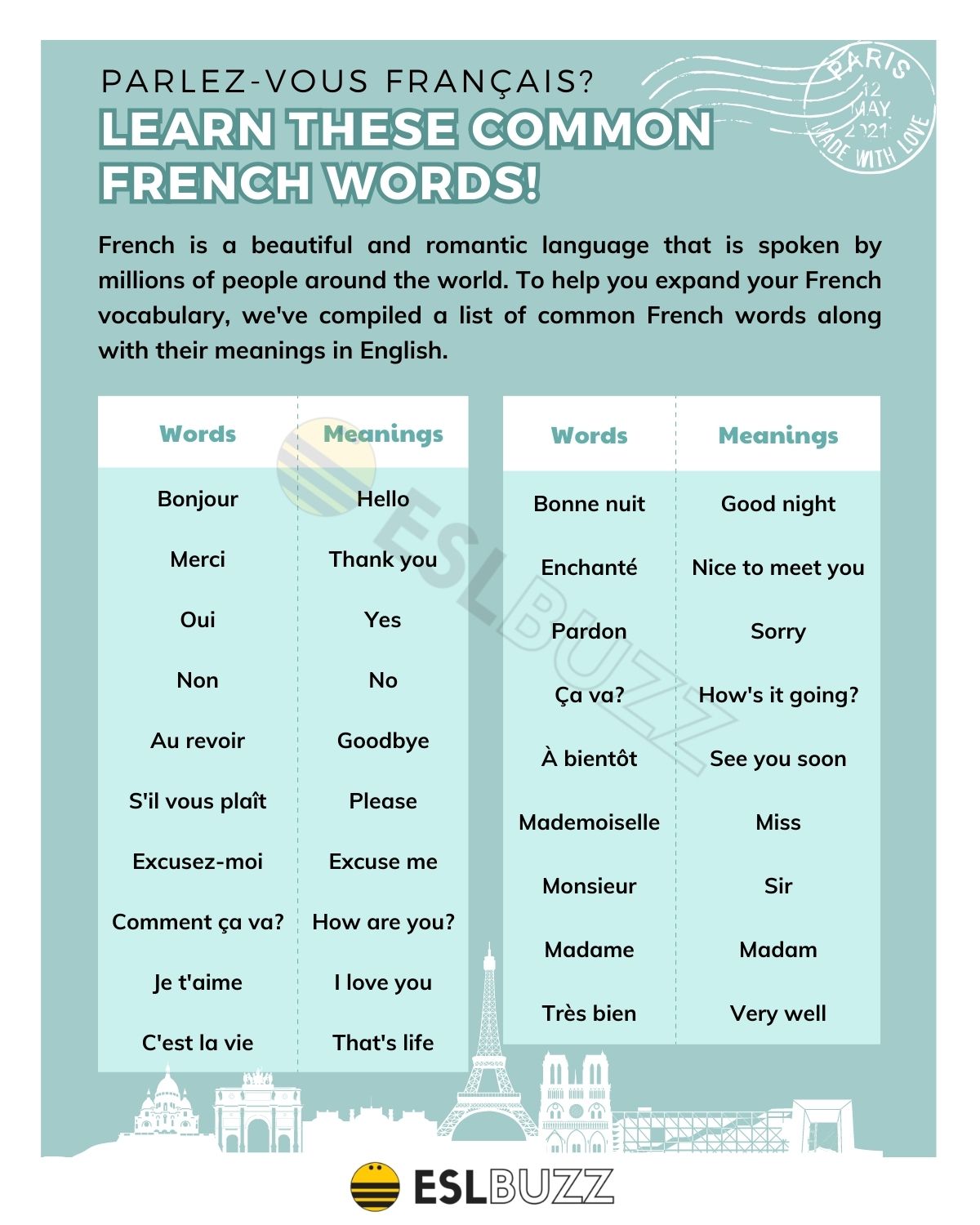A Journey Through Language And Culture

Language is a beautiful tapestry woven with words that carry the weight of history, culture, and identity. One such word, which evokes images of grandeur and grandeur, is the French term for "castle." This enchanting word not only symbolizes the architectural wonders of France but also serves as a gateway to understanding the rich heritage and stories that these majestic structures hold. In this article, we will delve into the intricacies of the French word for castle, exploring its etymology, usage, and cultural significance.
As we embark on this linguistic adventure, we will uncover the various types of castles that dot the French landscape, from the fairy-tale châteaux of the Loire Valley to the imposing fortresses that played pivotal roles in France's tumultuous history. Moreover, we will examine how the French word for castle, "château," has transcended its literal meaning to embody a lifestyle, a sense of elegance, and a deep connection to the land.
Join us as we explore the fascinating world of castles in France and the language that brings them to life. By the end of this article, you will not only be familiar with the French word for castle but also appreciate the cultural richness that it represents.
What is the French Word for Castle?
The French word for castle is "château." This term refers not just to fortified structures but also to grand residences that have been historically significant throughout France. While "château" can denote any castle, it often implies a certain elegance and beauty, distinguishing it from other types of fortifications.
How is "Château" Used in Modern French?
In contemporary French, the word "château" appears in various contexts:
- Referring to historical castles and palaces
- Describing wine estates, known as "châteaux" in regions like Bordeaux
- Used in names of famous castles, such as Château de Versailles
- Occasionally, it can denote a luxurious home or villa
What is the Etymology of "Château"?
The etymology of "château" traces back to the Latin word "castellum," which means a small fortified place. Over time, "castellum" evolved into "chastel" in Old French, and eventually into "château." This evolution reflects the changing architectural and cultural landscape of France.
What Types of Castles Can You Find in France?
France boasts a diverse array of castles, each with its unique history and architectural style. Some notable types include:
- Fortress Castles: Built for defense, these castles often feature thick walls and towers. Examples include the Château de Carcassonne.
- Renaissance Châteaux: Characterized by ornate designs and gardens, the Château de Chambord is a prime example.
- Royal Palaces: These grand residences, like the Château de Versailles, showcase the opulence of French royalty.
- Ruins: Many ancient castles now stand as ruins, offering a glimpse into the past, such as Château de Falaise.
Why Are Castles Important to French Culture?
Castles hold significant cultural importance in France for several reasons:
- They serve as symbols of power and authority throughout history.
- Many castles are now UNESCO World Heritage sites, preserving their historical significance.
- They attract millions of tourists each year, contributing to the economy.
- Castles often represent the artistic and architectural achievements of their time.
What Role Do Castles Play in French Literature and Cinema?
Castles have been a source of inspiration for countless works of literature and cinema. They often set the stage for tales of romance, intrigue, and adventure. Notable examples include:
- The Château de Chenonceau, often featured in romantic novels.
- Movies like "The Three Musketeers," which highlight the grandeur of French castles.
- Literary works that explore the lives of those who inhabited these majestic structures.
Can You Visit Castles in France?
Absolutely! Many castles in France are open to the public, allowing visitors to explore their rich history and stunning architecture. Some of the most popular castles to visit include:
- Château de Versailles
- Château de Mont Saint-Michel
- Château de Chenonceau
- Château de Chambord
What Should You Know Before Visiting a Château?
Before you embark on your castle-hopping adventure in France, consider the following tips:
- Check the opening hours and book tickets in advance, especially during peak tourist seasons.
- Wear comfortable shoes, as many castles have extensive grounds and staircases to explore.
- Take guided tours to gain a deeper understanding of the history and significance of each château.
- Respect the rules and regulations of each site, as many are preservation sites.
Conclusion: The Enchantment of "Château"
In conclusion, the French word for castle, "château," encompasses much more than mere stone and mortar. It represents a vital part of France’s cultural heritage, reflecting its history, architecture, and the lives of those who once inhabited these magnificent structures. Whether you are a history enthusiast, a lover of art, or simply intrigued by the allure of castles, understanding the significance of "château" enhances your appreciation of these architectural marvels.
As you explore the breathtaking châteaux of France, remember that each stone tells a story, and each visit is an opportunity to connect with the past. The next time you hear the word "château," let it transport you to a world of splendor and intrigue, where history and beauty intertwine.
ncG1vNJzZmivp6x7o77EnKKepJxjwqx7wJuanaaVrMB3e8WrnKebmGLEsL7DZp2oql2YrrTAy55loaydoQ%3D%3D
